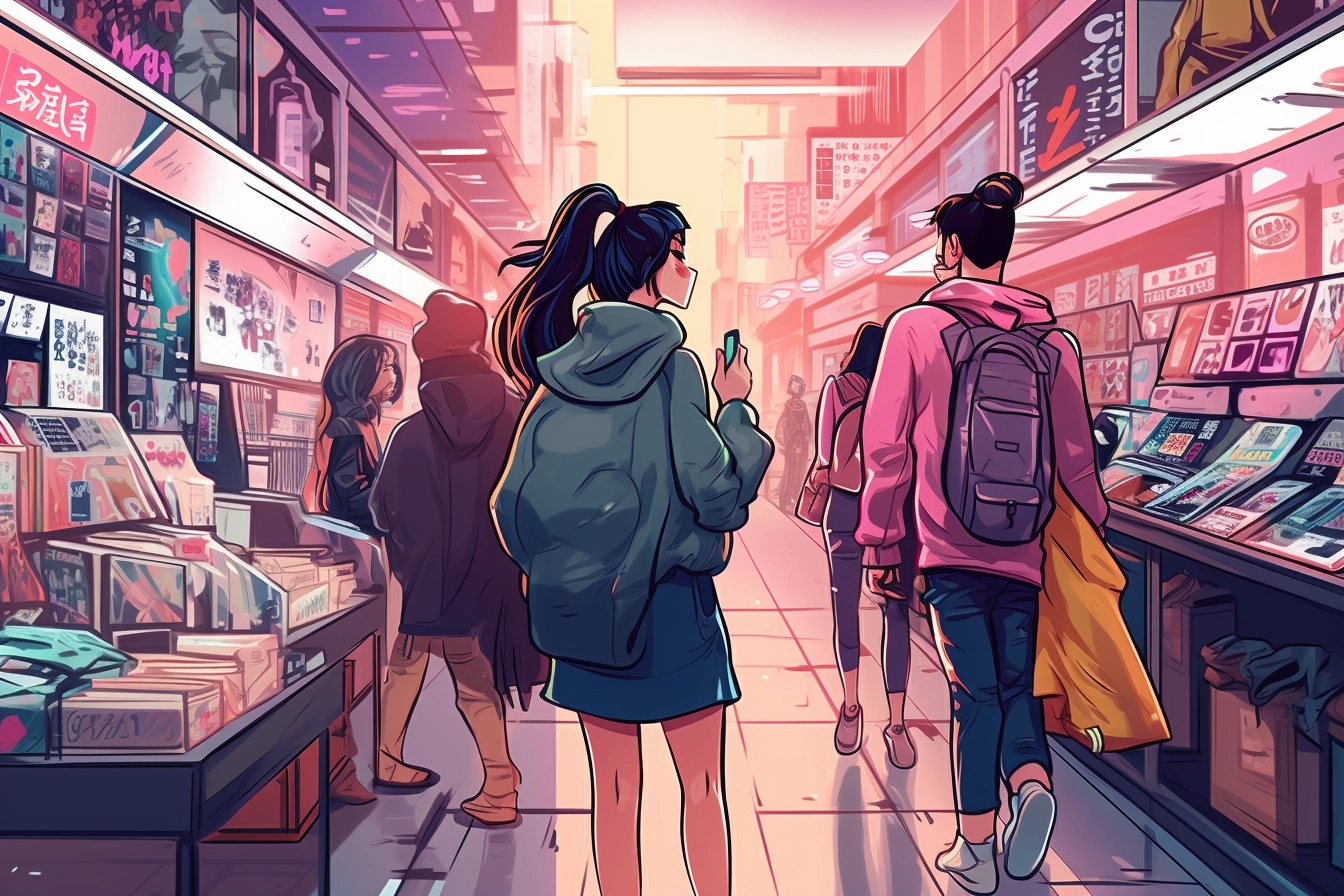In Singapore, the pervasive influence of social media is undeniable, with an active user base of 4.88 million as of 2023. This staggering number highlights the significant role that platforms like Facebook, YouTube, Instagram, WhatsApp, and TikTok play in shaping consumer behavior and brand interactions.
With nearly a third of internet users discovering brands through social media, it’s evident that these platforms serve as powerful tools for marketing and engagement.
Moreover, Singapore boasts an impressive LinkedIn reach, with 77.4% of users aged 18 and above, representing the highest penetration globally. This statistic underscores the professional networking and career advancement opportunities that social media platforms afford to Singaporean users. As social media continues to evolve and permeate various aspects of daily life, its impact on consumer preferences, brand discovery, and professional networking in Singapore remains profound and ever-expanding.
Let’s explore how social media shapes the landscape of fashion and beauty, food and beverage, travel and tourism, and e-commerce sectors in Singapore.
Social Media use in Fashion and Beauty
The fashion and beauty industry in Singapore has witnessed a paradigm shift with the advent of social media. Platforms like Instagram, Facebook, and TikTok have emerged as powerful tools for influencer marketing and visual content dissemination. Influencers, with their large followings and engaging content, have become pivotal in brand promotion and product discovery. Singaporean consumers often look to these influencers for style inspiration, makeup tutorials, and product recommendations.
Brands leverage social media to showcase their latest collections, collaborate with influencers, and engage directly with their audience. Consequently, social media has democratized fashion and beauty, enabling smaller brands to compete with established players on a level playing field.
In the realm of fashion and beauty, brands capitalize on social media’s visual appeal and influencer culture by running product launch campaigns featuring influencer reviews and tutorials. Virtual styling sessions or makeup masterclasses hosted on platforms like Instagram provide interactive experiences for consumers. Collaborating with stylists or beauty experts for live Q&A sessions fosters engagement and builds brand credibility. Leveraging Instagram shopping features, brands showcase and sell products directly to consumers, enhancing the shopping experience.
Social Media use in Food and Beverage
Similarly, the food and beverage industry has undergone a digital revolution propelled by social media platforms. Instagram and TikTok, in particular, have become virtual marketplaces for culinary experiences and gastronomic delights. Restaurants leverage these platforms to showcase their menu offerings, share visually appealing food photos and videos, and engage with food enthusiasts.
Influencers and food bloggers play a pivotal role in driving foot traffic to eateries through their reviews and recommendations. Hashtags such as #singaporefood and #sgfoodies have become synonymous with culinary exploration, shaping dining trends and preferences in Singapore. Moreover, social media has facilitated the rise of food delivery services, enabling consumers to indulge in their favorite cuisines from the comfort of their homes.
For the food and beverage industry, social media serves as a digital feast for the eyes, with brands sharing mouthwatering food photos and videos to entice customers. Running recipe contests or challenges encourages user participation and generates buzz around menu offerings. Partnering with food bloggers or influencers for restaurant reviews amplifies brand visibility and credibility within the culinary community. Live video streaming of cooking demonstrations or behind-the-scenes glimpses offers a personal touch and fosters a connection with the audience.
Social Media use in Travel and Tourism
In the realm of travel and tourism, social media serves as a dynamic platform for destination marketing and brand promotion. Travel brands harness the power of platforms like Instagram, Facebook, and YouTube to showcase breathtaking landscapes, cultural experiences, and travel itineraries. User-generated content, in the form of travel photos and vlogs, provides authentic insights into different destinations, inspiring wanderlust among potential travelers.
Additionally, travel companies leverage social media to run promotional campaigns, offer travel deals, and engage with their audience in real-time. The interactive nature of social media enables travelers to seek recommendations, share their experiences, and connect with like-minded individuals, fostering a vibrant travel community in Singapore.
In the realm of travel and tourism, social media becomes a virtual passport to adventure, with brands showcasing stunning destination photos and videos to inspire wanderlust. Running travel contests or giveaways encourages audience engagement and promotes brand loyalty. Partnering with travel bloggers or influencers for destination reviews provides authentic insights and recommendations for potential travelers. Hosting live Q&A sessions with travel experts or locals offers valuable information and fosters a sense of community among travelers.
Social Media use in E-Commerce
Moreover, e-commerce in Singapore is experiencing a renaissance driven by the rise of social commerce. With the advent of platforms like Instagram Shopping and Facebook Marketplace, brands can directly sell their products to consumers through social media channels. The seamless integration of shopping features within social media platforms enhances the shopping experience, allowing users to discover, explore, and purchase products with ease.
Influencers play a pivotal role in driving sales through product endorsements, unboxing videos, and sponsored content. Social commerce blurs the lines between content and commerce, creating immersive shopping experiences that resonate with Singaporean consumers.
In a Nutshell
In the e-commerce sector, brands leverage social media’s reach and engagement to drive sales through various strategies. Running flash sales or exclusive promotions creates a sense of urgency and incentivizes purchases. Utilizing social commerce features enables brands to sell products directly on platforms, streamlining the purchasing process for consumers. Partnering with micro-influencers for product endorsements leverages their influence and authenticity to reach niche audiences. Highlighting customer testimonials and reviews on social media builds trust and credibility, encouraging potential buyers to make informed purchasing decisions.
Social media has become a ubiquitous force shaping various industries in Singapore. From fashion and beauty to food and beverage, travel and tourism, and e-commerce, businesses leverage social media to engage with consumers, drive sales, and foster brand loyalty. As social media continues to evolve, its impact on Singapore’s business landscape will only intensify, presenting both challenges and opportunities for businesses to navigate in the digital age.

